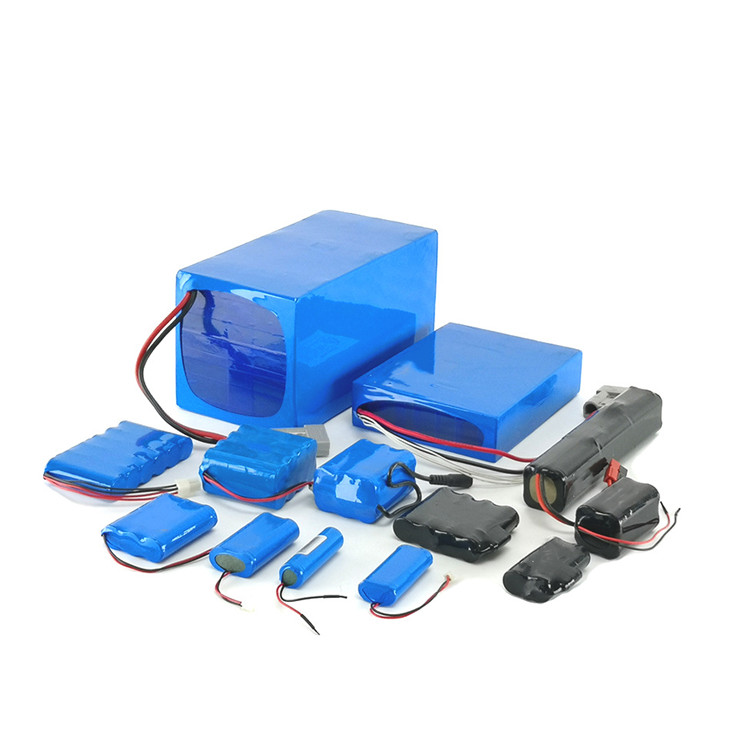The Power Revolution Caused Lithium-ion Battery Progress
June 9, 2020
Now lithium-ion batteries, which combine many important advantages, have become popular. they are lighter than other types of rechargeable batteries and can store large amounts of energy in atomic bonds due to the high activity of lithium.
however, these batteries are problematic for some industries, especially for technology and automotive companies, especially the latter, which today are seeking to move towards electrification. for many consumer devices, although their efficiency is increasing, smartphones and other forms of wearable devices still need to be recharged every 1-2 days.
Some promising battery technologies include lithium-sulfur batteries, which have less environmental impact than lithium. u.s. researchers have been able to develop a lithium-sulfur battery that can power smartphones for up to five days and outperforms lithium-ion batteries, which in turn have lower manufacturing costs.
IBM researchers claim to have discovered a new battery chemical that does not contain heavy metals such as nickel and cobalt and charges faster than lithium ions and has higher power and energy density.
moreover, wireless induction charging is another interesting area, but the ability to get energy from electromagnetic waves is a challenge. a team of researchers has developed a rectenna( radio wave collection antenna with only a few atoms thickness) that can be integrated into the device so that ac power can be obtained from the Wi-Fi and converted to dc power directly for the device.
These are just an example of the range and diversity of technologies being studied or developed, but lithium-ion batteries remain ubiquitous and the number of use cases continues to grow.
all lithium ion batteries will be lost over time, so a lot of research is focused on the management of lithium ion batteries.
battery performance degradation is a complex and fine chemical process, each of which does not have much effect on the performance of the battery, but combined will seriously shorten the performance and life of the battery.
the battery life is usually specified in the charging cycle, one of which is charged to a specific level and fully discharged to the termination voltage. If a battery can be used 250 times, you can charge it 250 times before the power is lower than the service life.
For many devices, this cycle rating is rarely measured, but the accumulation of knowledge about how lithium-ion batteries work can be used to better manage cycle life.
for example, it is well known that charging to a specific voltage will affect the cycle life of the cell by passivation (SEI) or oxidation of the electrolyte on the surface of the carbonaceous anode material, resulting in the accumulation of resistance layers on the surface of the cathode passivation material.
High-speed charging will also have an impact on battery wear, but research shows that during charging, the constant voltage part of the battery damages the most. however, these methods for predicting battery health ignore many important features that can indicate battery health.
Now much research is focused on tracking the many processes that occur inside the battery, and to achieve this, scientists are using a variety of new technologies to detect how the battery works.
With the emergence of new technologies and the demand for better battery technologies, it is critical that we predict the health status and remaining service life of lithium ion batteries.
According to scientists involved in these different projects, this work will help to develop safer and more reliable batteries for various new devices —— from electric vehicles to various consumer electronics products.
Perhaps the “electric revolution” could really lead us to a new era…
For more battery inquires,please contact:sales@customizedbattery.com








 Sales
Sales Sales
Sales Sales01
Sales01
 Sales Manager
Sales Manager